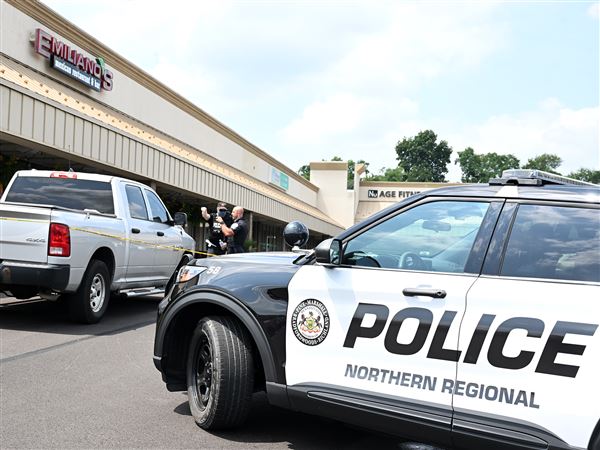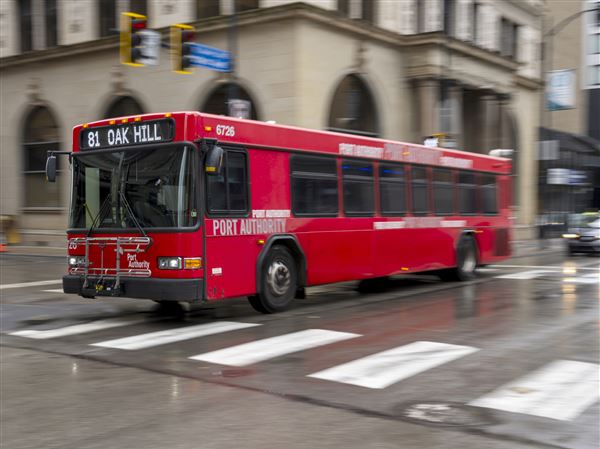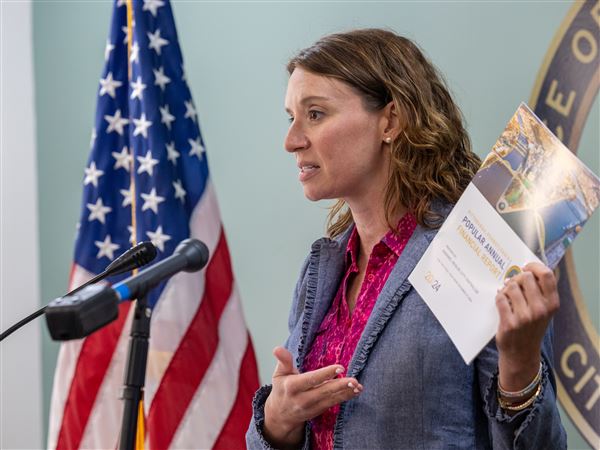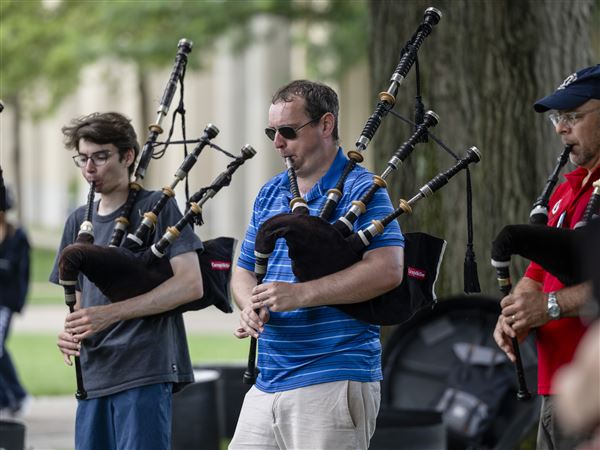DCNR: a good steward of dollars and resources
Recent news coverage by various media has distorted two decisions by the Department of Conservation and Natural Resources, and it is important to set the record straight.
We recently changed how we support our citizen advisory council. This is now handled by existing agency staff instead of a full-time director. This move did not change the role of the council in providing input on all aspects of DCNR's work.
Suggestions that this simple administrative change will reduce oversight of Marcellus Shale development are flatly false. In the past, the council has not concentrated on energy extraction issues -- but it is always welcome to do so. I hope that this change will spur more input from the council on all DCNR efforts.
Our second decision was to make sure that our grant programs do not direct scarce funds to scientific work already being done by DCNR or its partners. The Wild Resource Conservation Program was designed to provide grants from funds generated from public donations. Unfortunately, public support is insufficient for program administration. DCNR did its best to fill the gap by reallocating Environmental Stewardship Funds to augment the grants. However, these also are dwindling, which resulted in the grants awarded being decreased.
DCNR continues to study and monitor our state's natural resources. We invest more than $2.3 million annually in these efforts, including: field surveys for endangered and other species; ecological monitoring; water and soil monitoring; and social considerations such as public safety.
These efforts include many of the same projects that were supported by the grants.
Citizen review and the use of sound science are crucial to our decision making, and neither of these things will suffer from our efforts to better control spending. That is our mission, and that is our promise to the citizens of Pennsylvania.
RICHARD J. ALLAN
Secretary
Department of Conservation and Natural Resources
Harrisburg
Photo experience
The Teenie Harris exhibit now at the Carnegie Museum of Art is a different kind of exhibit. Forget walking from picture to picture, reading placards in silence or fiddling with a headset.
For this exhibit, you can sit in the center of a large airy gallery filled with the jazz music of Harris' time and watch giant images of his photography projected on each wall. Hundreds of these images are organized by category (gatherings, signs and words, style, etc.). You are left with the feeling of having visited the Hill District of years past.
This exhibit alone is worth the cost of our family membership. It would also be a captivating field trip for classes studying American or Pittsburgh history, art or music. It is showing through April 7.
ANNETTE WERNER
Squirrel Hill
Pa. Volt rebates
The Chevy Volt is now available in Pennsylvania. I've been driving one since July and absolutely love it. It's fun to drive, easy to charge, comfortable in the extreme and, so far, quite dependable. I'm well aware of the "safety" issues surrounding the delayed battery fires in two crash-test models and I personally have no concerns.
Neither does the National Highway Traffic Safety Administration, by the way, which cleared the car and GM recently, declaring the Volt no more dangerous than an ordinary car with gas in the tank.
My only disappointment has come from the poorly advertised state rebate program. Act 178, an alternative fuel vehicle incentive program passed during the Rendell administration, entitles commonwealth residents who buy the new Chevy Volt to a $3,500 rebate. But Joe Sherrick, climate change program manager for the Pennsylvania Department of Environmental Protection, seems more interested in technicalities than in climate change prevention. Fine print in the program guidelines defines a "new" car, in part, as having an odometer reading of less than 500. There are exceptions to this 500-mile rule, but above-average customer test-driving is, apparently, not one of them.
So if you do plan to look at the Chevy Volt, I guarantee you'll enjoy the ride, but please keep your test drives reasonably short so that future purchasers don't get shafted out of their eligible rebates.
ALAIN CORCOS
Mt. Lebanon
Needs won't be met
In response to Kipp Dawson's Feb. 1 letter ("The Right Choice"): There are two basic problems with the view about gifted education and the Centers for Advanced Study program in the Pittsburgh Public Schools.
The first is the idea that "ALL of our students deserve smaller classes." This is very true, but the new model does just the opposite. Yes, it opens the enrollment for all students to the advanced level classes but takes that enrollment from 18 students to 30 per class.
The second concern is twofold. Pennsylvania mandates that school districts provide services for those students who meet the criteria for gifted education, the same way it dictates what students receive special education services for those with disabilities. The criteria are outlined in the state's education guidelines known as Chapter 16. The second half of that concern is that there is now no provision for what will happen to those students who meet the criteria for gifted education services. The services provided, the CAS classes at the secondary level, are now available to all students, thus, making them regular education.
The parents of those students who are truly gifted will continue to leave Pittsburgh Public Schools for private education because there will no longer be a program that actually meets their needs. What provisions is the district making to meet the needs and follow the state code of Chapter 16?
Parents will continue to enroll students in Pittsburgh Public Schools as long as their child's needs are being met. Instead of attacking a program for gifted students, why not fix the regular education curricula to meet the needs of students left behind?
RUSSELL A. KUEHNER
Ben Avon
The writer is a CAS facilitator, Pittsburgh CAPA 6-12.
We welcome your letters. Please include your name, address and phone number, and send to Letters to the Editor, 34 Blvd. of the Allies, Pittsburgh 15222. E-mail letters to letters@post-gazette.com or fax to 412-263-2014. Letters should be 250 words or less, original and exclusive to the Post-Gazette. All letters are subject to editing for length, clarity and accuracy and will be verified before being published.
First Published: February 4, 2012, 5:00 a.m.













